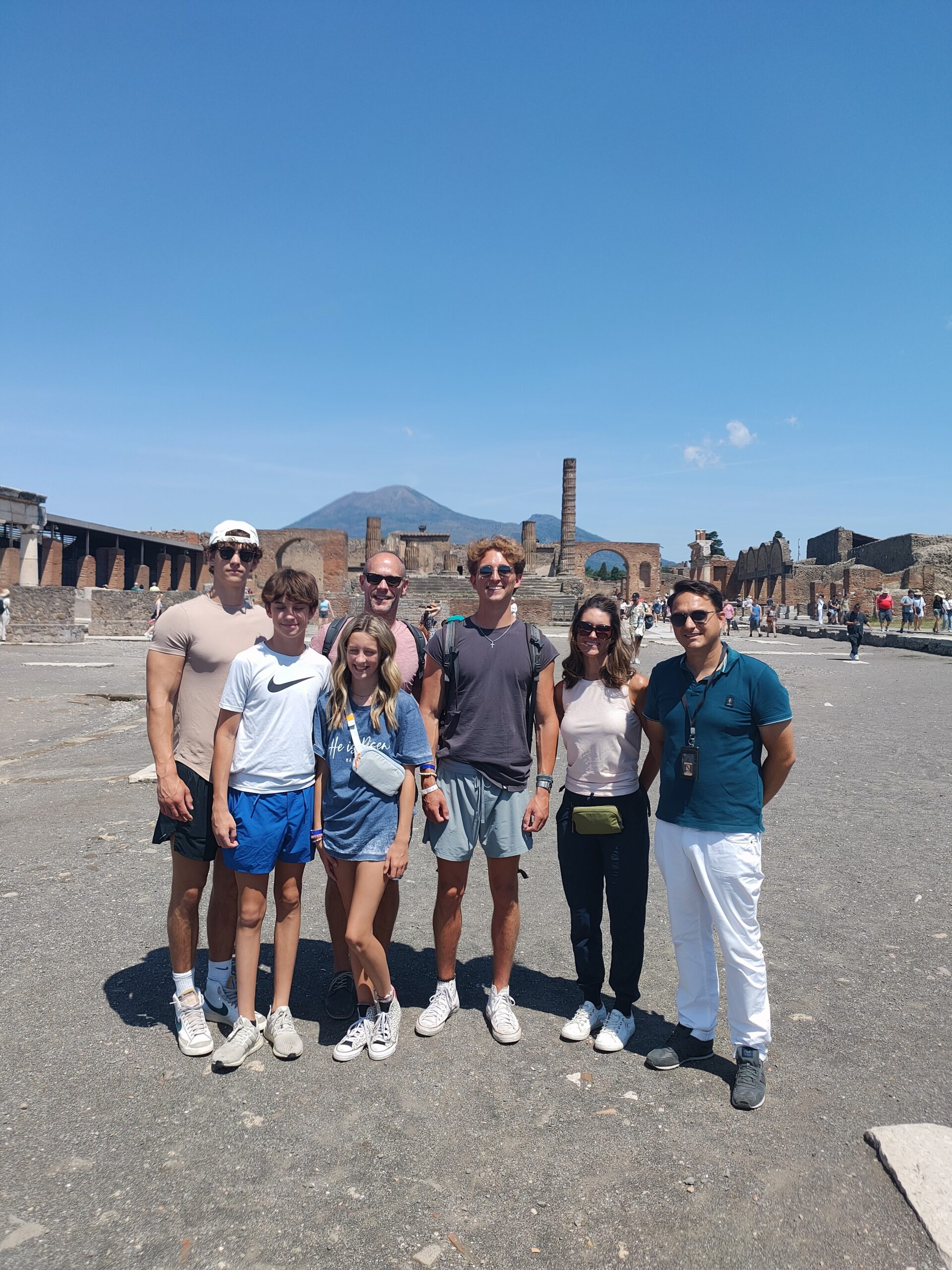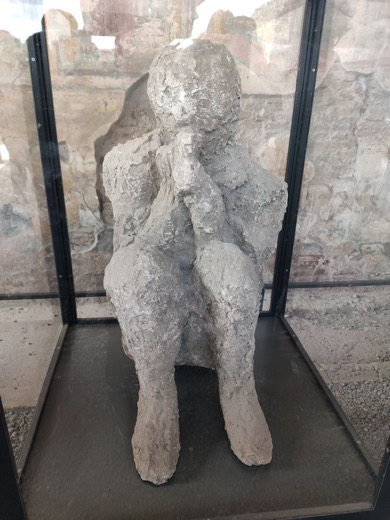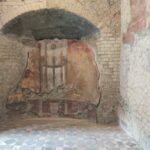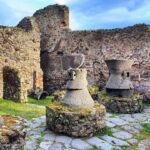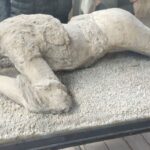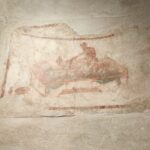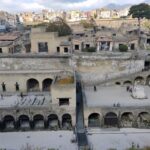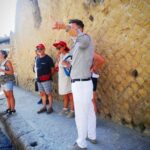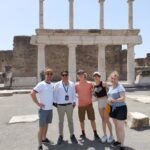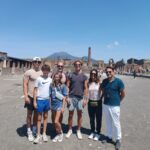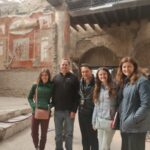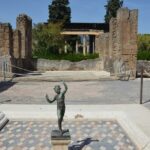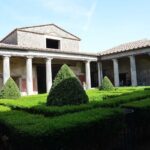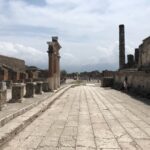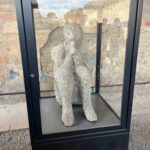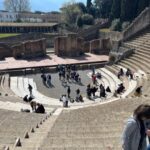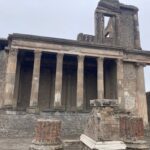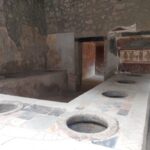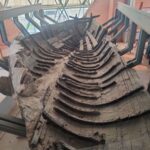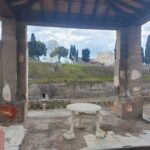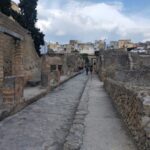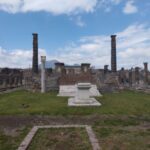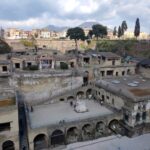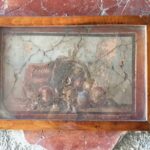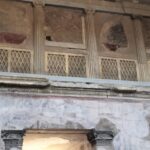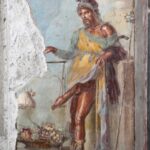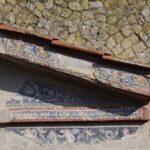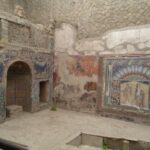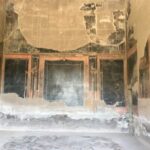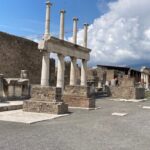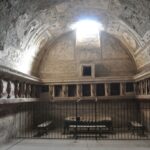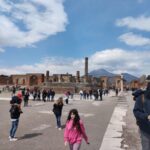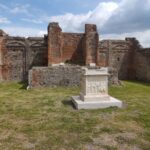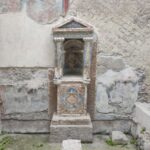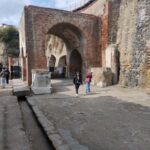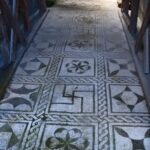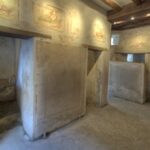Pompeii led by an Archaeologist. 2 HOURS walkinG TOUR
Enjoy a 2 hours tour through ancient Pompeii with skip the line included
As an archaeologist, I excavated a house in Pompeii with my university professor, an incredible experience that I will always carry with me. For me, Pompeii is simply a magical place that will leave you with an unforgettable memory of how a Roman city was constructed, encompassing all its public, private, civil, and religious aspects.
Pompeii was an ancient Roman city located near modern Naples in Italy. Initially, it was a small agricultural community, but over time it grew into a prosperous and bustling city, largely due to its strategic location near the Bay of Naples and its fertile volcanic soil.
The incredible eruption of Vesuvius in AD 79 buried and sealed the city, allowing for an unparalleled level of preservation in the field of archaeology. One of the greatest natural disasters stopped time and left an intact testimony of the great Roman civilization, a people who changed and marked the evolutionary course of history and left a brilliantly defined imprint of their illustrious past.
The history of Pompeii:
-
Greek Influence: Before becoming a Roman city, Pompeii was influenced by Greek culture, as were many other cities in the region. The Greeks established trading posts in southern Italy, including Pompeii, which contributed to the city’s cultural development.
-
Roman Conquest: In the 5th century BC, Pompeii came under the control of the Samnites, another Italic tribe. However, by the 4rd century BC, it was absorbed into the expanding Roman Republic during the Samnite Wars. Under Roman rule, Pompeii flourished as a commercial and trading hub.
-
Prosperity and Urban Development: During the 1st century BC, Pompeii experienced a period of significant growth and prosperity. The city expanded, and many public buildings, temples, theaters, and lavish villas were constructed. Pompeii became a vibrant center of commerce, art, and culture.
-
Mount Vesuvius Eruption: One of the most significant events in Pompeii’s history occurred on August 24 (or October), 79 AD, when Mount Vesuvius, the nearby volcano, erupted catastrophically. The eruption buried Pompeii and several other nearby towns under a thick layer of volcanic ash and pumice, preserving them remarkably well for centuries.
-
Rediscovery: Pompeii remained buried and largely forgotten for centuries until its rediscovery in the 18th century. Excavations began in the mid-18th century and have continued to the present day, revealing invaluable insights into daily life in ancient Rome.
-
Archaeological Site: Today, Pompeii is an archaeological site of immense historical and cultural significance. It attracts millions of visitors each year who come to explore its remarkably preserved ruins, streets, buildings, and artifacts. Pompeii provides a fascinating glimpse into the daily life, architecture, art, and society of ancient Rome.
Overall, Pompeii’s history is a tale of prosperity, destruction, and rediscovery, offering a unique window into the ancient world.
How many years lived on average and how tall were they? How long did they work in one day? Who were the richest? Where did free time pass? Where did the slaves come from? Questions to which I will be happy to give you many answers.
ITINERARY
During the guided tour of the ancient city you will visit (the order might change while we walk during this tour):
– The big Theatre
– The small theatre
– A bakery shop
– A laundry
– the house of the Menander
– the main street named Abbondanza street
– A roman fast food
– The Stabian bathhouse
– The brothel
– The main square
– The plaster casts of the victims
Know that I can customize the tour upon request
MEETING POINT + TOUR DURATION
Meeting Point Options: Address or Intersection, Suggested by Guide: At the ticket office of Pompeii named “Porta Marina Superiore”
Duration: 2 hours
TRANSPORTATION
It’s a walking tour in the Ruins.
WHAT’S INCLUDED
- Guiding Services
ESTIMATED LOCAL CASH NEEDED
18 euro – admission fees; prices are per person. Under 18 years old don’t pay the tickets
WHAT’S EXTRA
Other: Admission fee (18 euros per person.). Free entrance for under 18


